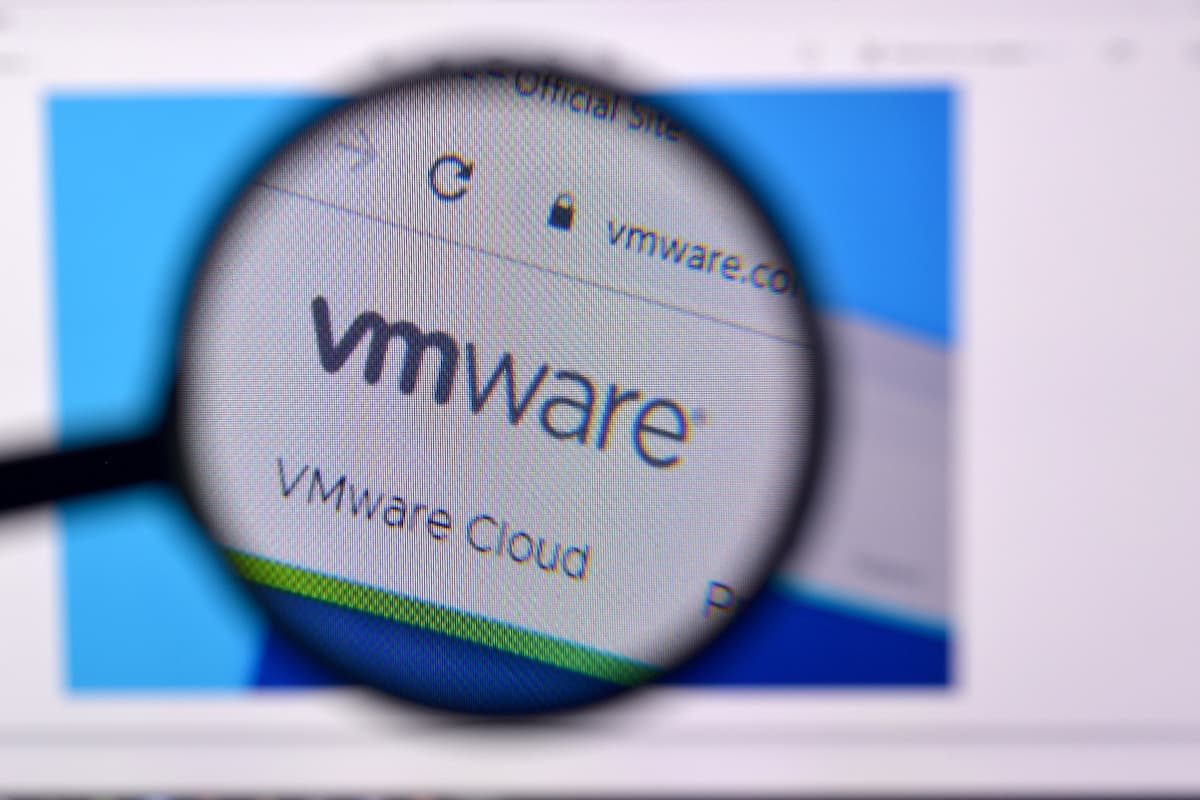Sure, here’s the translation:
—
The strategy of Broadcom after acquiring VMware is definitively breaking away from the traditional model of perpetual licenses. The company has begun sending cease and desist letters to customers who, despite having purchased perpetual licenses in the past, continue to use updates or patches after their support contract has expired.
This move has caused alarm among system administrators, consultants, and companies that until now had relied on the VMware ecosystem as a cornerstone of their virtualized infrastructures.
A radical shift in licensing policy
Since Broadcom completed its purchase of VMware in November 2023, changes have been relentless: the end of the sale of perpetual licenses, more expensive subscription packages, restructuring of the partner channel… and now, a new phase: legal actions against those who continue using updated products without a valid support contract.
“Customers must immediately cease the use of any updates, patches, or enhancements received after the expiration date of support,” states the letter signed by Broadcom executives.
Not only that: customers are urged to uninstall the binaries downloaded after that date. The company claims that even retaining them could be considered a violation of VMware’s contractual terms and intellectual property rights.
What implications does this have for businesses?
The consequences of this move are numerous:
- 🔒 Legal: companies risk audits, penalties, and claims if they do not eliminate the affected software.
- 🔧 Technical: without support, it is impossible to apply security patches or resolve critical vulnerabilities.
- 💸 Economic: migrating to the new subscriptions may entail a cost increase of up to 300%, according to some partners.
Customers in the crosshairs
Several companies in North America and Europe have confirmed receiving these letters. In forums like Spiceworks or Reddit, administrators report being contacted by Broadcom just days after their support ended — even without having installed new updates.
Some, like the Canadian provider Members IT Group, claim that customers who have already migrated to other platforms have also been notified.
What is recommended?
Experts advise acting cautiously and quickly:
- Audit the VMware environment: identify which versions and patches are in use and when they were installed.
- Review previous contracts: some licenses acquired before certain years may contain more lenient clauses.
- Consult legal advice if a letter from Broadcom is received.
- Evaluate alternatives such as:
- Proxmox VE
- Nutanix CE
- XCP-ng
- Harvester HCI
- Microsoft Hyper-V / Azure Stack HCI
The end of traditional enterprise software?
For decades, perpetual licenses offered legal certainty and predictability to businesses. But Broadcom’s new model seems to discard that implicit agreement, demanding that all customers transition to its centralized subscription model, completely eliminating legacy support.
Dean Colpitts, CTO of Members IT Group, summarizes it this way:
“They are within their legal right, yes. But this tactic is breaking trust. Even customers who have already left VMware are receiving letters. This will only accelerate the exodus.”
A rapidly changing landscape
Enterprise virtualization is going through one of its most disruptive phases in years. Broadcom’s message is clear: the era of perpetual licenses is over. And if your support has expired, you can no longer benefit from the tools or protections that were once taken for granted.
For many, it’s also a signal to rethink their IT strategy: whether to continue depending on a single provider with increasingly restrictive policies or to bet on open, flexible, and predictable alternatives?
The clock has begun to tick.

